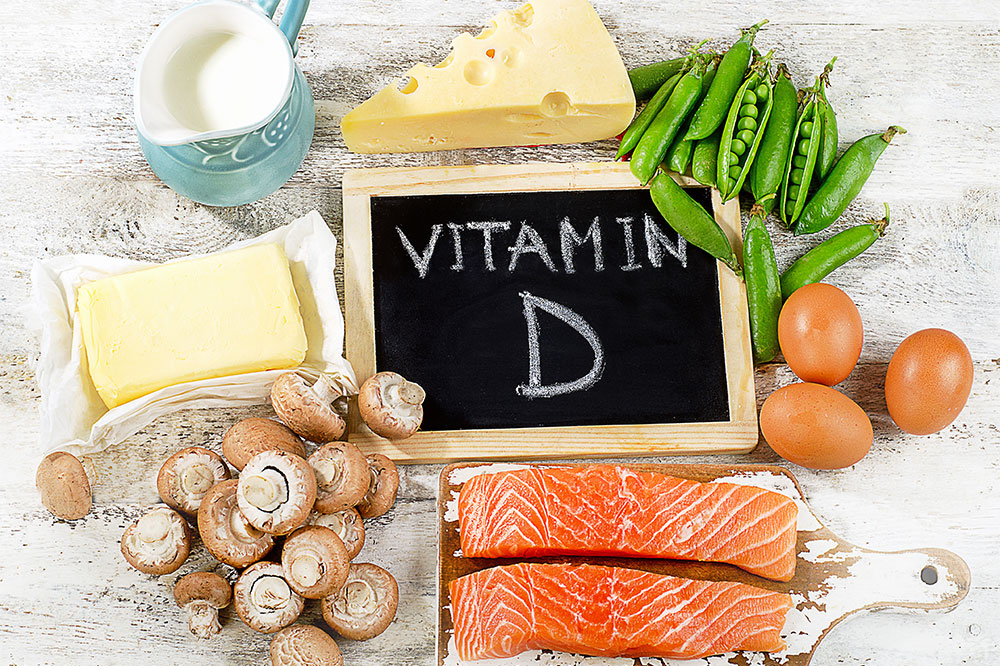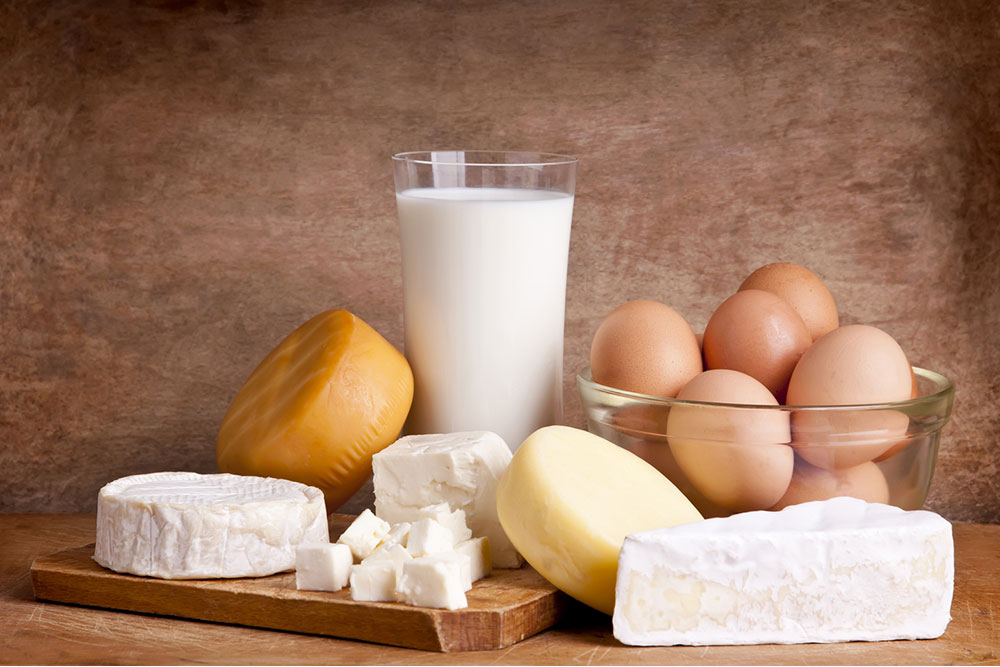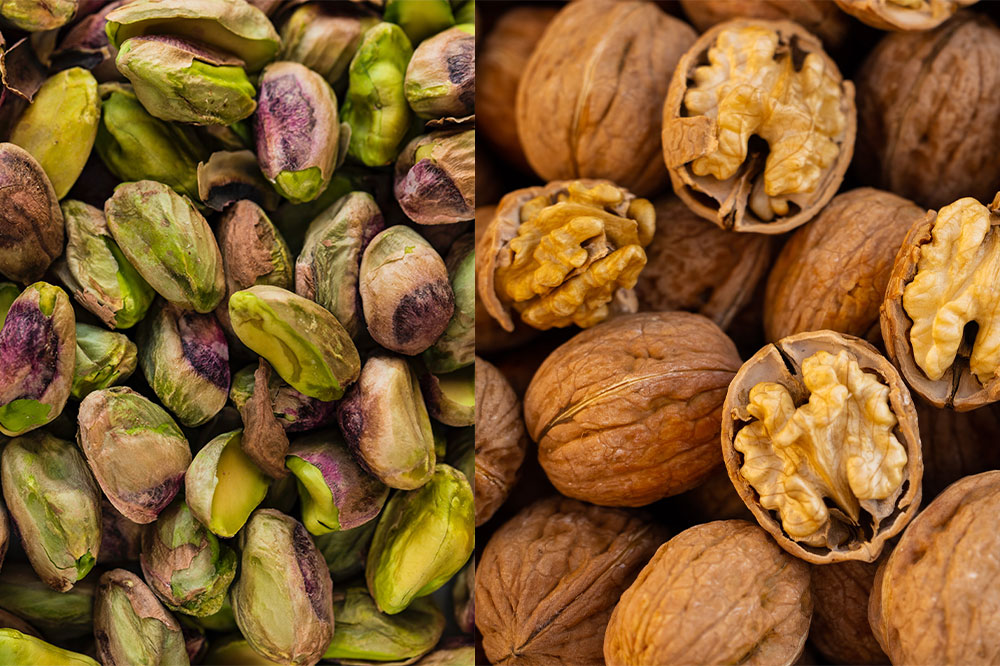Understanding Osteoporosis: Nutritional Tips, Symptoms, and Natural Strategies
This article provides essential information on osteoporosis, including diet suggestions, warning signs, and natural remedies. Learn how lifestyle changes and proper nutrition can help manage and prevent this bone-weakening condition effectively.
Sponsored

Osteoporosis is a condition characterized by fragile bones, increasing the risk of fractures. Nearly 54 million Americans are affected by this disorder, which impacts both genders but is more common in women. Fortunately, dietary choices, lifestyle modifications, and home remedies can help manage and slow its progression. Learning about the right foods to include and avoid can significantly improve bone health and quality of life.
Key Bone-Friendly Foods
Dark leafy greens
Vegetables like kale, cabbage, and collard greens are rich in calcium, magnesium, and vitamin K—nutrients vital for bone strength. Spinach and Brussels sprouts also contribute beneficial minerals, supporting osteoporosis prevention.
Eggs
Eggs are an excellent source of vitamin D, which helps regulate calcium absorption in the body, beneficial for osteoporosis management.
Dairy Products
Dairy products such as cheese, yogurt, and milk are primary calcium sources, supporting healthy bones. Plant-based options like soy milk, tofu, and almond milk also offer good calcium content.
Fruits
Fruits including figs, kiwis, papayas, oranges, and bananas contain vitamins A, C, and K, which enhance bone density and counteract bone loss. Potassium from these foods neutralizes acids that leach calcium from bones.
Foods to Limit or Avoid
Alcohol
While moderate alcohol intake might be safe, excessive consumption can worsen osteoporosis. The National Osteoporosis Foundation recommends limiting to two drinks per day to prevent complications.
High Sodium Foods
Too much salt causes calcium loss through urine, weakening bones. It’s advisable to keep daily sodium intake below 2,300 mg.
Caffeinated Beverages
Coffee, tea, energy drinks, and sodas contain caffeine, which can hinder calcium absorption and promote bone deterioration when consumed excessively.
Vitamin A Overconsumption
Excessive vitamin A intake from supplements or certain foods may lead to bone problems. Balance in intake is essential to prevent adverse effects.
Natural Management Strategies
Exercise
Weight-bearing activities like walking, running, tennis, and stair climbing help strengthen bones and increase density.
Quit Smoking
Smoking reduces bone mineral density, especially in women, increasing fracture risk. Quitting can promote healthier bones.
Balanced Diet
Consuming nutrient-rich foods as listed supports bone health and can prevent further deterioration.
Early Signs and Symptoms
Recognizing symptoms is key for early intervention:
Back pain in lower regions
Difficulty breathing due to compressed spinal disks
Postural changes like a hunched back
Unexpected fractures






